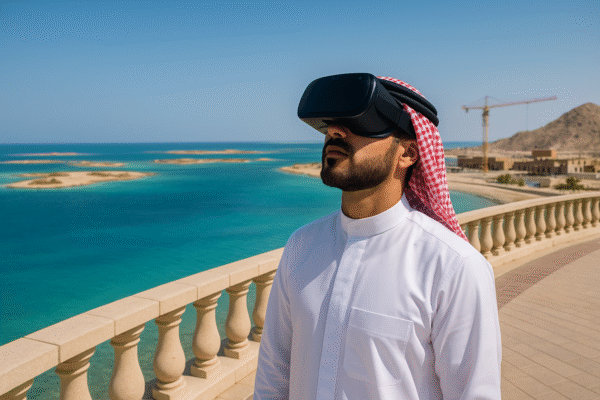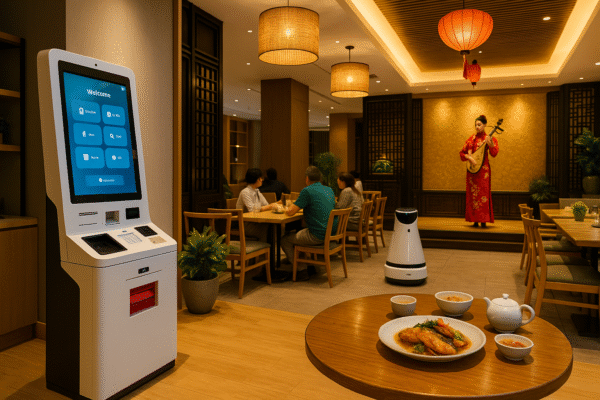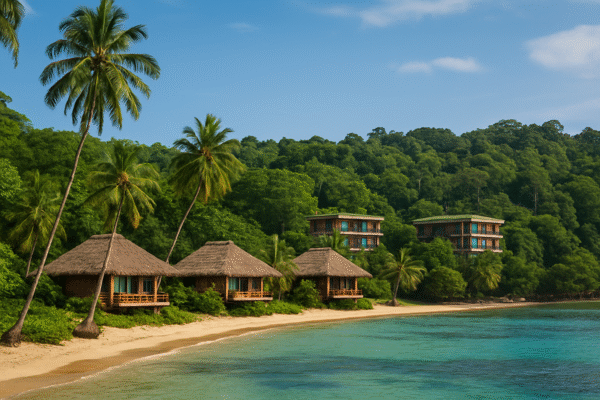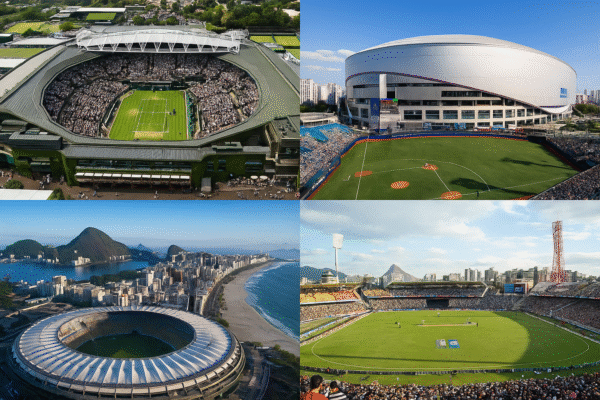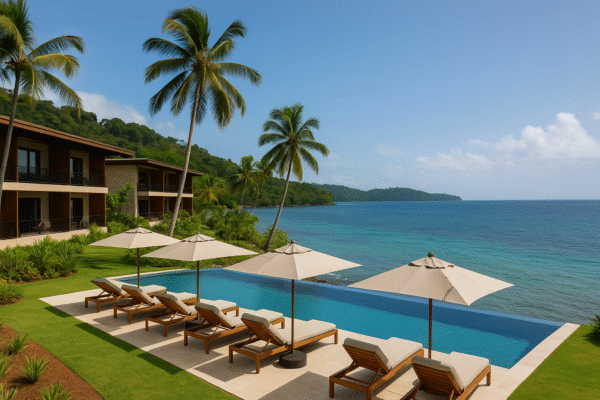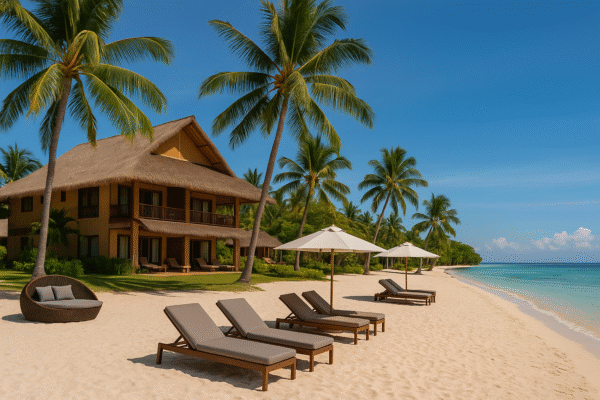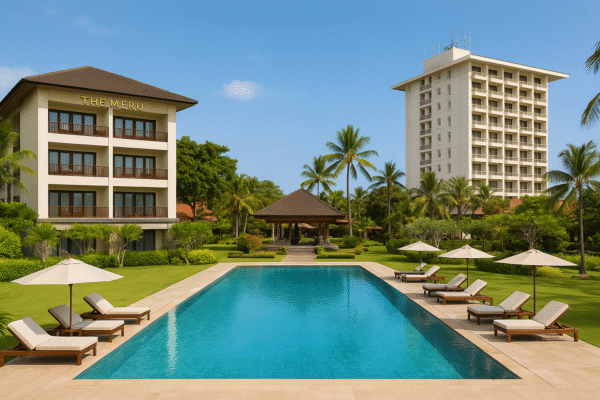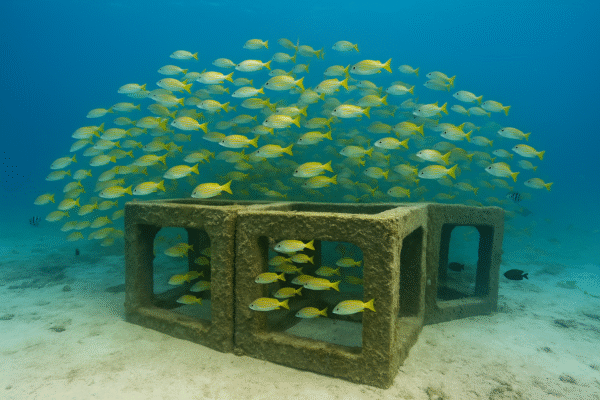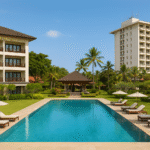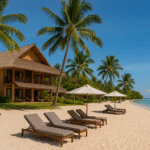Sarawak, Malaysia, has unveiled a landmark RM70 million initiative to protect its fragile marine ecosystems while driving eco-tourism and local economic growth. The state government announced plans to construct a series of artificial reefs stretching from Telok Melano in the south to Lawas in the north, reinforcing Sarawak’s reputation as a leader in sustainable development.
Artificial reefs are not only a defense against illegal trawling by foreign vessels but also serve as nurseries for marine life, creating safe habitats for fish and corals. This project represents one of Malaysia’s most ambitious investments in ocean conservation, signaling Sarawak’s dual commitment to preserving biodiversity and empowering coastal communities.
Strengthening Fisheries and Safeguarding Livelihoods
Fishing is a lifeline for thousands of Sarawakian families. Yet, the industry has faced mounting challenges, including overfishing, habitat destruction, and illegal trawling. By introducing artificial reefs, Sarawak aims to rebuild marine habitats and restore fish populations.
These man-made structures mimic natural coral formations, offering feeding and breeding grounds for marine species. For local fishermen, this means larger, healthier catches and more sustainable livelihoods.
Sarawak’s Premier emphasized that this project will overcome past shortcomings in federal reef programs, which often lacked consistent funding. Unlike previous efforts, the state government will directly oversee construction and maintenance, ensuring the reefs remain effective for generations.
Tourism Meets Conservation: Tanjung Manis Fishing Safari
Beyond fisheries, the artificial reef project ties directly into Sarawak’s eco-tourism blueprint. A highlight of this strategy is the upcoming Tanjung Manis Fishing Safari, scheduled for inclusion in the 2026 Sarawak Tourism Calendar.
The event will feature 146 anglers competing in deep-sea and coastal fishing categories, attracting both local and international participants. Unlike traditional fishing tournaments, the safari will also educate visitors on marine conservation and the crucial role artificial reefs play in protecting fish stocks.
This fusion of adventure and education ensures Sarawak is promoted as an eco-tourism destination that values conservation as much as thrill-seeking experiences.
Leaders Back a Green Tourism Vision
The reef project launch was supported by key state leaders, including Datuk Len Talif Salleh, Deputy Minister of Urban Planning, Land Administration, and Environment. His presence underscored Sarawak’s long-term plan to merge economic growth with environmental stewardship.
Private sector players, such as Pusaka’s General Manager Zainal Abidin Abdullah, also pledged support, highlighting the importance of government-business-community partnerships. Together, they aim to position Sarawak as a regional model for responsible tourism and green investment.
This alignment between government and private stakeholders shows that sustainable development is not just a vision but a shared mission across Sarawak.
Economic Growth Through Eco-Tourism
Tourism experts predict the artificial reef project will fuel a new wave of eco-friendly travel demand. With global tourists increasingly seeking authentic, responsible experiences, Sarawak is set to capture this growing market.
Visitors drawn by the Tanjung Manis Fishing Safari, scuba diving tours, and reef conservation programs will spend on hotels, homestays, restaurants, and guided experiences, creating a ripple effect of income across local communities.
By weaving environmental protection into tourism experiences, Sarawak ensures that visitor spending contributes directly to conservation and community development.
Community Empowerment and Job Creation
The initiative also supports job creation across coastal villages. Fishermen benefit from improved catches, while tourism generates opportunities in hospitality, guiding, event management, and eco-tourism services.
Importantly, Sarawak is reviving traditional fishing practices by ensuring younger generations inherit healthy seas and sustainable livelihoods. This approach strengthens not just the economy but also cultural continuity and community resilience.
Long-Term Sustainability: Protecting What Makes Sarawak Unique
Sarawak’s artificial reefs and fishing safari represent more than just infrastructure—they symbolize a vision for long-term sustainability.
The reefs will reduce illegal trawling, replenish fish populations, and act as living laboratories for marine research. Meanwhile, the safari positions Sarawak as a world-class eco-tourism hub, blending recreation with conservation.
By investing RM70 million into this bold project, Sarawak is setting a benchmark for Malaysia and Southeast Asia, proving that economic growth can align with environmental care.
A Model for Eco-Tourism Success
Sarawak’s dual focus on reef conservation and eco-tourism growth is positioning the state as a blueprint for green travel worldwide. With artificial reefs acting as “underwater gardens” and the Tanjung Manis Fishing Safari showcasing sustainable adventure, Sarawak is rewriting the rules of tourism.
The message is clear: a thriving environment leads to a thriving economy. By protecting its seas, Sarawak is also protecting its future.
For more travel news like this, keep reading Global Travel Wire

